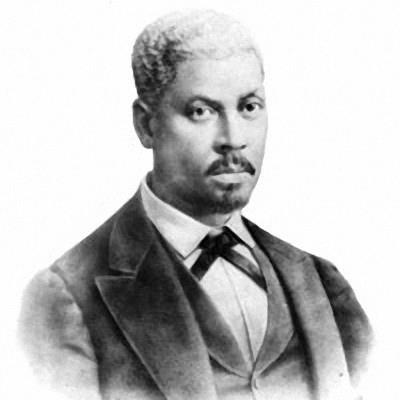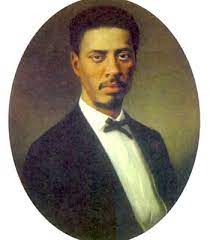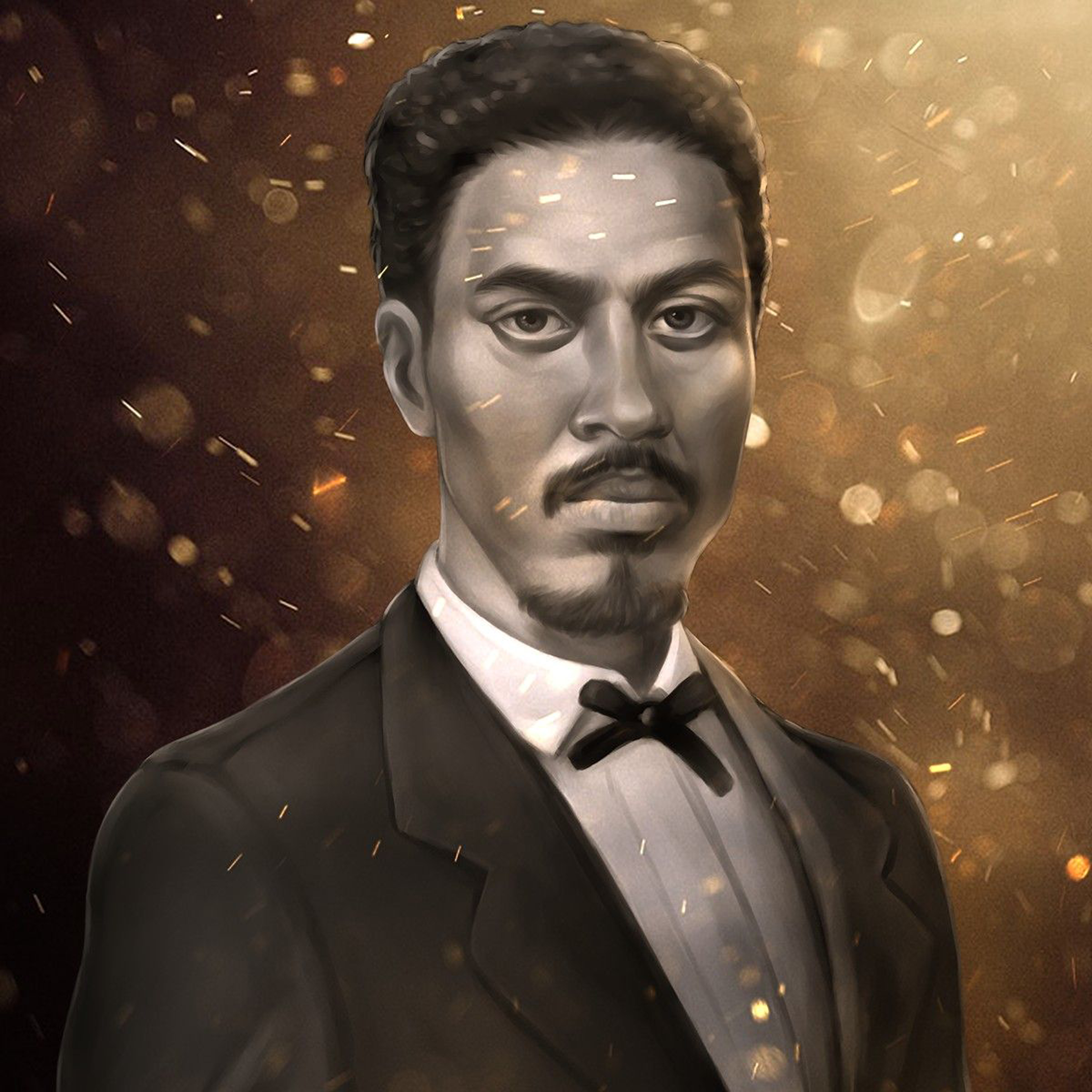André Pinto Rebouças
★ 13/01/1838 - ✝ 09/05/1898
1st Lieutenant Engineer, André Pinto Rebouças was born on January 13, 1838, in Cachoeira, Bahia. Son of Councillor Antônio Pereira Rebouças and Mrs. Carolina Pinto Rebouças, André Rebouças was born with poor health conditions and was named after his maternal grandfather, as there was little hope that he would make it through the first days of his life.
Contrary to expectations, he recovered from the illness and moved alongside his family to Rio de Janeiro in 1846, where he attended the Central School, the predecessor of the Polytechnica School, between 1854 and 1860, and became a military engineer. After his training, he specialized in Hydraulic Works, studying in several European countries between 1861 and 1862.
Upon returning from his specialization, he was sent by the Minister of War, Polidoro da Fonseca Jordão, to his first mission as a lieutenant engineer. He was tasked with supervising the Brazilian fortifications from Santos to Santa Catarina due to the Christie Issue.
On the island of Anhatomirim, in the northern bay of Santa Catarina Island, he coordinated the repair of the old fortress house. Upon returning to Rio de Janeiro in 1864, he volunteered in the Triple Alliance War remaining in combat for a year, until he fell due to smallpox.
Back to Brazil, in 1866, he became a professor at the Polytechnic School, teaching Materials Resistance. In the same period, his career as an entrepreneur began to consolidate and he managed the works of the first modern dock in Brazilian empire, the Customs Dock.
His successful trajectory continued through the following years. In 1869, he led a group in charge of elaborating the regulation Brazilian ports service. Two years later, he designed a new and more robust dock for the capital in the Valongo region - Dom Pedro II Dock. Both docks were managed by the first private port companies in Brazil, which was idealized by Rebouças.
He excelled in each of the skills he developed, but undoubtedly it was in his abolitionist experience that he reached the peak of his passion. His struggle against slavery lasted even after the abolition in 1888, period where he proposed various projects of inclusion of the freedmen. His abolitionist idealism can be summarized by his quote: "Whoever owns the earth possesses man." But with the end of the Second Reign, Rebouças discredited that further abolitionist and inclusive advances could take place. Thus, he went into exile, leaving with the imperial family to Europe, where he lived until 1892.
Between March 1892 and July 1893, Rebouças lived in different African countries. After this period, he left for Madeira Island, where he lived his last years and died on May 9, 1898.



